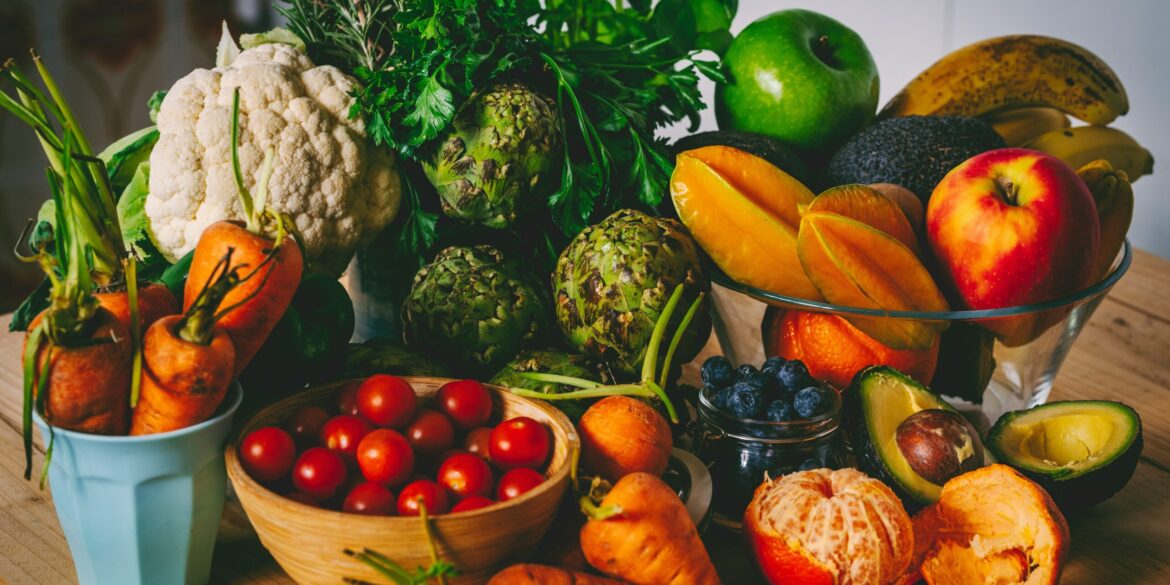As September unfolds, so does an increasingly vital public health initiative: National Fruits & Veggies Month. This annual campaign, spearheaded by the Produce for Better Health Foundation (PBH), aims to address a critical dietary gap in the American population by encouraging individuals to incorporate more fruits and vegetables into their daily lives. Under the theme “Every Time You Eat, Have a Plant,” the initiative promotes not just awareness, but action—challenging Americans to rethink their food choices one meal at a time.
Since its launch in 2019, National Fruits & Veggies Month has sought to elevate the role of produce in the American diet, not just as a health imperative but as a cultural shift. This year’s campaign builds on that momentum with a variety of initiatives, including national outreach, social media engagement, interactive contests, and widespread educational efforts. Central to this year’s effort is the “Have A Plant” pledge, a simple yet powerful commitment urging individuals to add at least one more fruit or vegetable to their daily eating habits. Organizers hope the campaign inspires sustained behavior change, rather than temporary enthusiasm.
The PBH has created a comprehensive toolkit to empower community organizations, schools, retailers, and individuals to spread the message. The toolkit includes customizable graphics, suggested social media posts, promotional materials, and educational content. By offering ready-made resources, the campaign ensures that even those with limited time or expertise can become advocates for healthy eating. According to PBH’s communications director, the goal is to make the movement both accessible and engaging, removing the stigma that healthy food must be boring or expensive.
At its core, the campaign is about changing perceptions. Fruits and vegetables are often viewed through the lens of diet culture—something people feel they “should” eat rather than something they want to eat. The Have A Plant movement flips that narrative by presenting produce as fun, flavorful, and satisfying. The messaging emphasizes not just physical health, but also mood, energy, and emotional well-being, making it particularly resonant with younger audiences who are increasingly prioritizing holistic health and mental wellness.
Beyond personal health, the campaign also intersects with larger social and policy issues. Decades of research have shown that poor diet—particularly one lacking in fresh produce—is linked to a host of chronic illnesses, including heart disease, diabetes, obesity, and some forms of cancer. Yet according to the Centers for Disease Control and Prevention, only about 1 in 10 American adults consumes the recommended daily amount of fruits and vegetables. This stark gap has enormous implications for public health spending, workplace productivity, and quality of life.
Efforts like National Fruits & Veggies Month are especially timely given the growing interest in food as medicine. In recent years, programs known as produce prescriptions have emerged in clinics and community health centers across the country. These programs provide patients with free or subsidized fruits and vegetables, along with nutrition education, to treat or prevent chronic disease. A recent study published by the American Heart Association found that participants in produce prescription programs not only experienced lower blood pressure and healthier weight, but also showed reduced food insecurity—highlighting the dual health and economic benefits of such interventions.
These trends make the campaign particularly relevant to progressive policy platforms. The emphasis on equitable access to healthy food speaks directly to concerns about food justice, healthcare reform, and preventive medicine. In many underserved communities, access to affordable fresh produce remains limited, making public-private partnerships and community-based initiatives essential for bridging the gap. National Fruits & Veggies Month offers a model for how federal, state, and local governments can partner with non-profits and private businesses to improve public health outcomes through education and resource distribution.
Additionally, the campaign aligns with climate and sustainability efforts. Promoting a plant-forward diet not only benefits personal health but also supports environmental goals by encouraging agricultural practices with lower carbon footprints. Advocates argue that reducing reliance on processed foods and increasing consumption of whole fruits and vegetables is a win for both people and the planet.
What makes this campaign especially powerful is its optimistic tone. Rather than relying on fear or guilt, it empowers individuals with simple, tangible steps toward healthier living. It’s not about perfection—it’s about progress. Whether someone starts by adding a banana to breakfast, snacking on carrot sticks, or choosing a salad instead of fries, every choice counts. The movement invites people from all walks of life to participate, reinforcing the idea that health is a shared responsibility and a collective opportunity.
As National Fruits & Veggies Month continues throughout September, its message remains clear: every plate is a chance to nourish the body, support the community, and shape a healthier future for all Americans.

